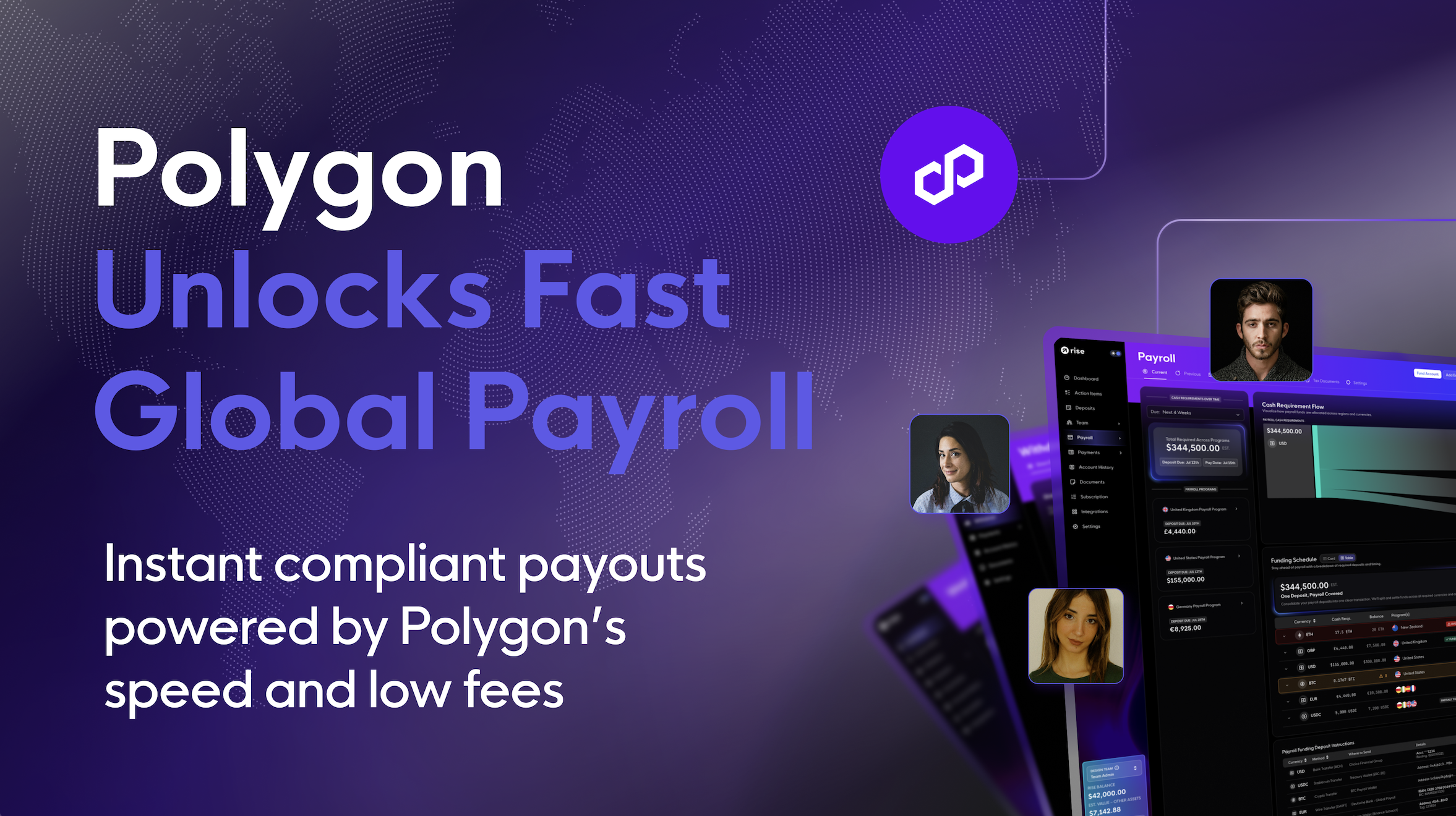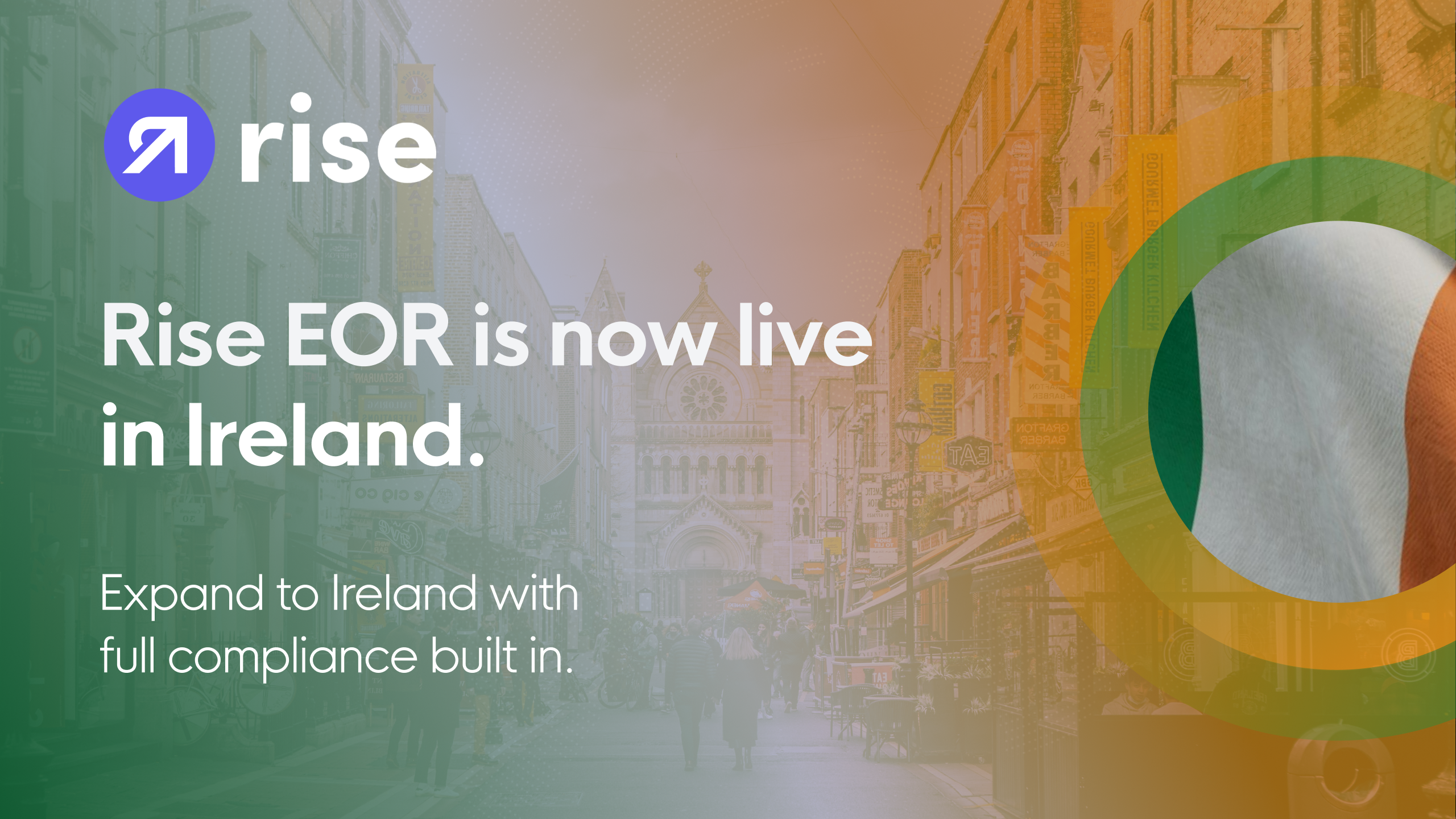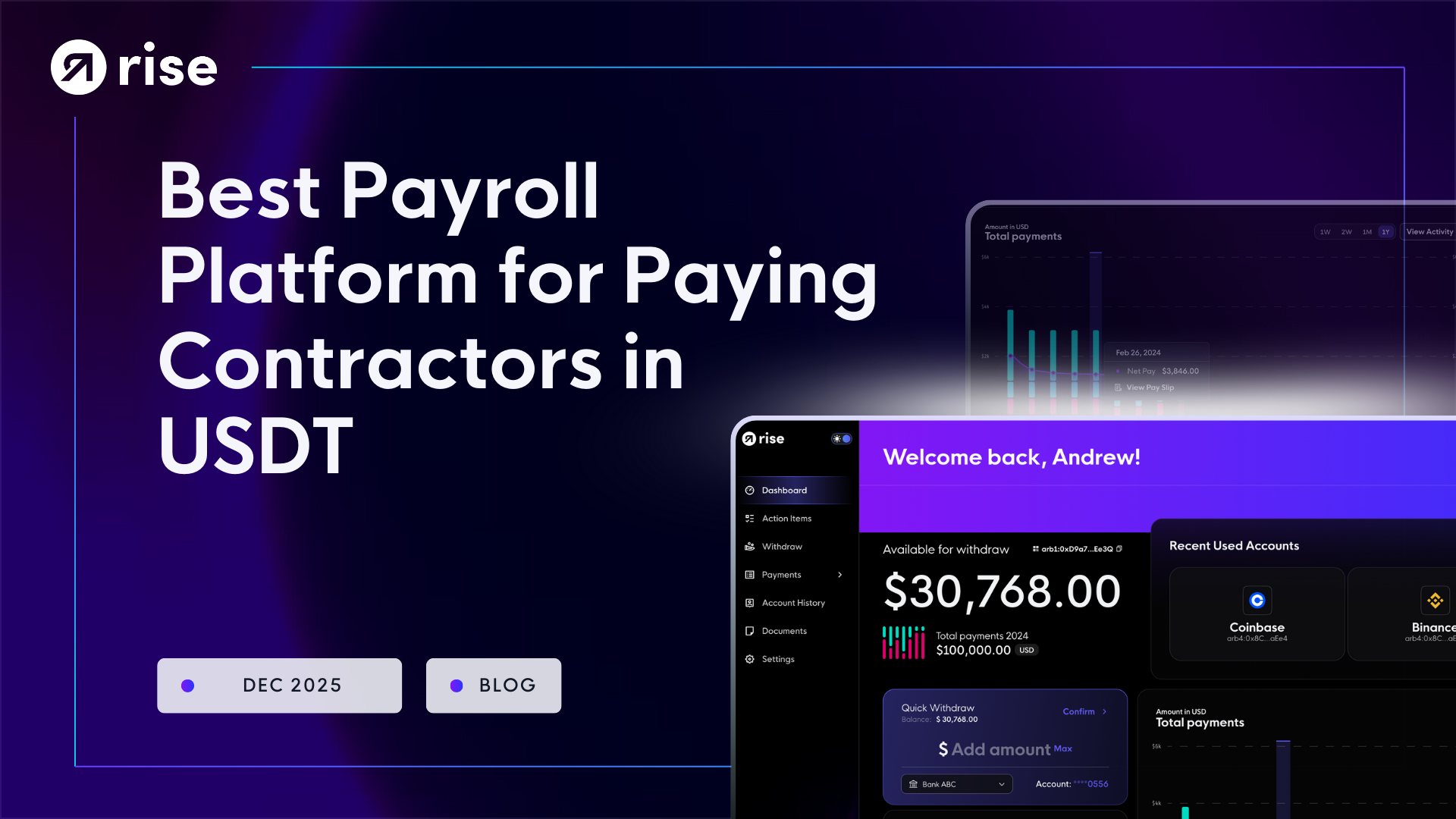DAOs (Decentralized Autonomous Organizations) have become a buzzword in recent years due to the alternative organizational model that they propose and their antidote to antiquated bureaucratic processes. DAOs challenge the traditional top-down hierarchy of corporations and offer a more open, democratic, and community-driven approach to governance and decision-making.
In the crypto market’s boom between 2019-2020, the number of existing DAOs grew by 660%, and as of 2023, six of the largest DAOs currently hold treasuries that exceed $1 billion.
As DAOs continue to garner global support, there has been an increased focus on meeting the escalating demand for solutions to address their complex payroll and compliance needs.
How do DAOs pay contributors?
DAOs offer a compelling alternative to conventional organizations by providing greater flexibility and fostering innovation. With this heightened flexibility comes a break from the one-size-fits-all structure that characterizes many long-standing organizational practices. As such, there are no universal payment protocols across DAOs; the compensation of contributors is dependent on the specific governance models and tokenomics of the organization.
That said, there are, however, certain compensation trends that many DAOs follow. One common method is to distribute governance tokens, crypto, stablecoins or fiat currency to contributors based on their contributions.
For example, a DAO may compensate contributors with governance tokens for each task completed, each hour worked, or each unit of value added. These tokens can then be traded on DeFi exchanges or used within the DAO ecosystem.
Payroll Challenges Facing DAOs
Although heightened flexibility offers numerous advantages, it presents its own unique challenges. In removing a universal model for compensation, each DAO has to collectively develop its individual payroll practices. On a small scale, this can prove relatively simple, however as a DAO begins to scale its operations, complications arise.
The decentralized nature of DAO operations presents a unique challenge for managing payroll. Unlike traditional organizations, DAOs do not have a central HR department to handle payroll and compliance, and instead rely on community governance and decision-making processes.
This creates complexity in ensuring accurate and timely compensation for contributors, as well as compliance with regulatory requirements across various jurisdictions. DAOs are actively seeking innovative solutions to address these challenges, such as partnering with specialized service providers.
DAO Payroll with Smart Contracts
Smart contracts are computer programs that run on blockchain networks and automatically execute the terms of a contract when specified conditions are met. They are written in code and stored on the blockchain, and they can be programmed to execute actions automatically, such as transferring funds, recording data, or triggering other events. Once a smart contract is deployed on the blockchain, it is immutable, ensuring that the terms of the contract are carried out as intended without the need for intermediaries or centralized authorities.
Smart contracts have played a critical role in solving the challenge of scalable DAO payroll. As blockchain-native organizations, DAOs often employ smart contracts for contributor compensation by programming the automatic release of funds to contributors based on predetermined criteria. For example, a DAO can set up a smart contract that automatically sends payment to a contributor's digital wallet on a monthly basis, based on the amount of work completed or the number of tokens earned.
While payroll executed through smart contracts is highly effective, it can begin to pose its own set of challenges for rapidly growing DAOs. Manually deploying smart contracts for all DAO contributors, who are often dispersed globally, and ensuring that all payroll meets local compliance laws becomes difficult at scale.
How Rise Executes DAO Payroll with Smart Contracts
Addressing the growing demand for automated DAO payroll and compliance is Rise, a solution built for blockchain-native organizations and traditional companies alike. Rise leverages the secure and scalable nature of blockchain technology in combination with a robust compliance layer to facilitate global crypto payouts.
Through Rise Pay, smart contracts are deployed to ensure instant and accurate compensation for DAO contributors. They can be automated to allow for mass, monthly payouts, saving DAOs countless hours spent on manual payroll and removing the margin for human error.
Rise leverages the blockchain as its self-contained ledger with its infrastructure established on Arbitrum, the leading Ethereum Optimistic Rollup. This allows for Rise to facilitate rapid, streamlined, and secure transactions between multiple parties, eliminating the need for intermediaries.
An essential element of Rise’s infrastructure is the RiseID, a unique smart contract leveraging the ERC-725 token standard that is owned by each Rise user. The User mints their unique RiseID in order to interact within the Rise ecosystem. With this on-chain self-sovereign identity, users can establish their identity and verify transactions from Rise’s payroll smart contract.
International Compliance for DAOs with Rise
Rise provides a valuable compliance layer for DAO payroll. Beginning with the automated KYC onboarding process, Rise ensures contributor compliance from the get-go. All crypto payments issued through Rise abide by country-specific tax laws and are guaranteed total compliance, ensuring protection for both your DAO and its contributors.
Streamline global DAO payroll while efficiently scaling your international teams. Schedule a demo today to learn more about Rise’s next-level payroll and compliance solution.




















